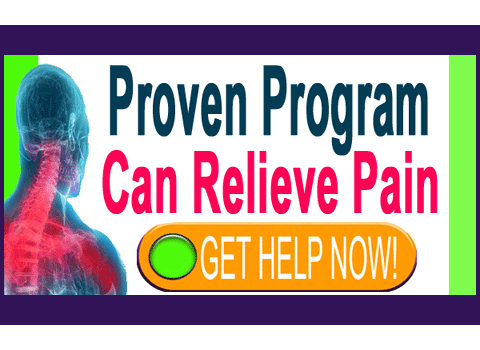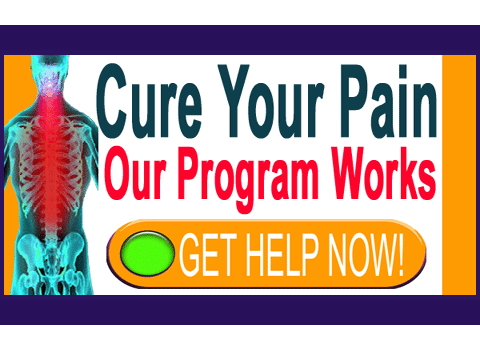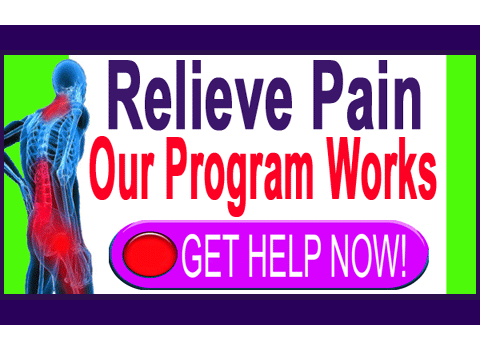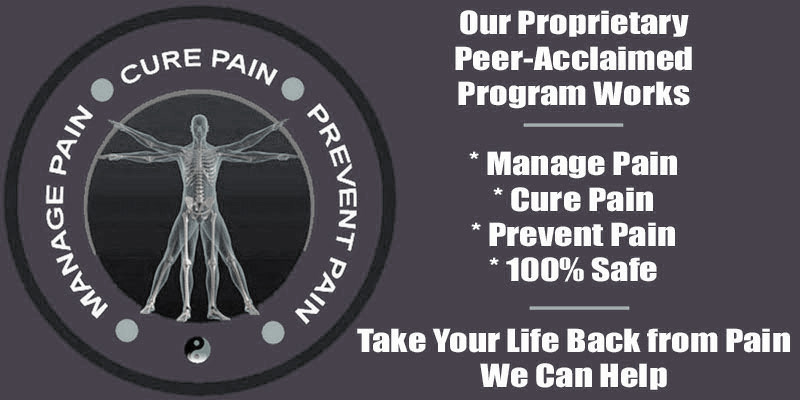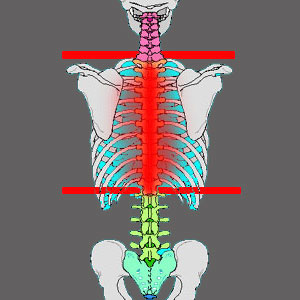
What spinal stenosis surgery alternatives should you be considering instead of undergoing an operation? Is it really possible to cure spinal stenosis nonsurgically and enjoy complete relief? Yes, in fact it is, but only for some patients and some diagnoses. Understanding when nonsurgical care is best is an important part of every patient’s healthcare education.
Nonsurgical care is almost always much safer than undergoing an operation. Spinal surgery is a hazardous path and even though spinal stenosis tends to fare better in curative results than other common back and neck pain diagnoses, there are always downsides to consider when it comes to surgical care. Therefore, knowing when noninvasive therapy might work just as well should be every patient’s priority.
This essay discuses nonsurgical spinal stenosis treatments which offer an alternative to invasive care. If you want to cure stenosis without having an operation, then this is the right article for your research needs.
Reasons for Spinal Stenosis Surgery Alternatives
Why would a person want to avoid surgery? After all, it is well known that spinal stenosis must often be treated with invasive care in order to resolve symptoms, right? Yes, in many cases, this is true and a large number of patients who have accurate diagnoses of symptomatic spinal stenosis will benefit from surgery more than any other type of care. This is a fact.
However, surgery still has risks. Spinal stenosis surgery is one of the riskiest of all health treatments and can result in many undesirable consequences, such as infection, massive blood loss, poor outcomes, postoperative pain, permanent injury and even death. Yes, lost of people die in surgery every year. Many of these people were having spinal operations when they died…
Surgery requires postoperative rehabilitation and extended after care, which is very disruptive to a normal life. The entire surgical recovery process may take a few weeks in the best case scenario and extend out to over a year in cases of multi-level spinal fusion. Can you spare a year of your life just to heal? Postoperative pain management is also a major risk, since it utilizes powerful drugs which are toxic to the body. Patients may develop dependency issues with these drugs or suffer lasting injury to vital anatomical systems from their use. We talk more about the risk of spinal stenosis drugs in a dedicated essay on the topic.
Alternatives to Spinal Surgery
So, let’s discount all forms of noninvasive care which qualify as symptomatic treatment, since this category encompasses the overwhelming of nonsurgical therapy methods. Now, we can focus on a fair comparison between surgical care that seeks to provide a cure and nonsurgical care that wants to fulfill the same objective of ending symptoms for good. There are very few options when it comes to finding curative nonsurgical spinal stenosis treatment:
Spinal decompression can cure some types of stenosis. Modern decompression systems can relieve disc-enacted stenosis and reduce the severity of traditional stenosis profiles where one or more degenerated or herniated discs play major roles in the development of symptoms. Spinal decompression can be performed by machines, such as the DRX9000, AccuSpina, Antalgic Trak, Vax-D and Hill DT systems. Decompression might also be possible using Cox Technic or even home-use inversion treatment.
Time alone may resolve some types of stenosis caused by disc abnormalities and other transient events in the vertebral column. Simply waiting out the symptoms might work for select patients.
Knowledge therapy is an alternative medical method of care that demonstrates excellent efficacy, but not for verified cases of structural stenosis. Instead, knowledge therapy works so well because so many patients are misdiagnosed, with their symptoms being unfairly and incorrectly blamed on incidental spinal abnormalities like stenosis. If the diagnosis is not 100% sure, then knowledge therapy might be a good option to consider.
Tips for Spinal Stenosis Surgery Alternatives
For patients who are suffering from primarily disc-enacted stenosis, and for patients who have disc issues as significant contributors to stenosis blockages in the central or foraminal canals, we certainly recommend checking out nonsurgical spinal decompression as a great alternative to surgery.
Modern computer-controlled systems are expensive, but very effective for relieving disc-enacted symptoms. Cox Technic might be a good option for some patients who prefer a more hands-on approach to spinal decompression care without having to undergo a surgical procedure. We would not advise to use inversion, but will not condemn the practice either, as many proponents still exist for this ancient method of care.
All patients should take the time to be certain that their diagnoses are accurate before seeking out any type of spinal stenosis treatment. Many patients are misdiagnosed, which is why we tend to recommend knowledge therapy for virtually all patients. There are no risks and the rewards might include a true and lasting cure for pain and related symptomology if the stenosis turns out to be just another coincidental factor often used as a scapegoat by financially-motivated doctors who want to perform surgery…
Spinal Stenosis > Spinal Stenosis Relief > Spinal Stenosis Surgery Alternatives

